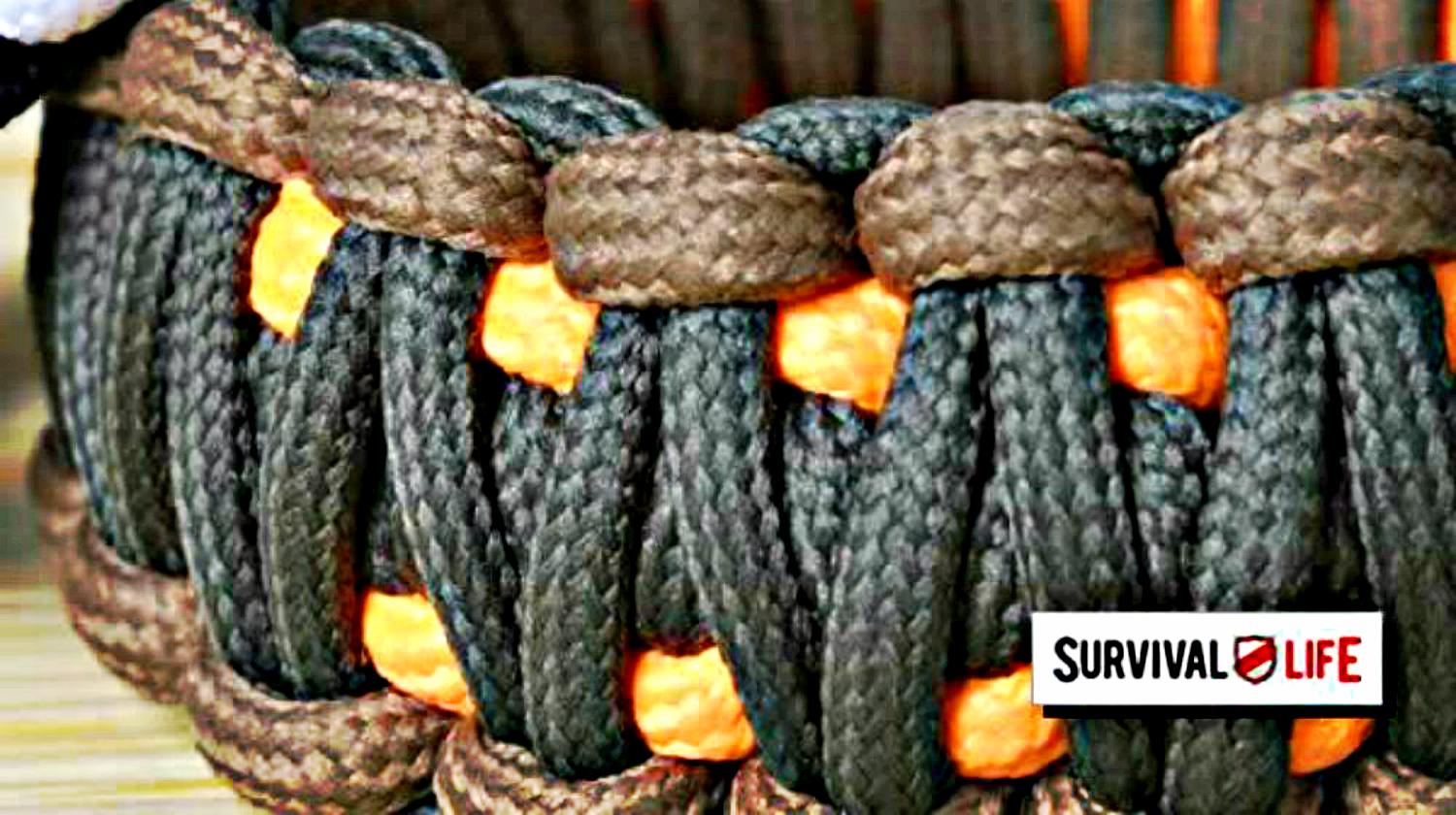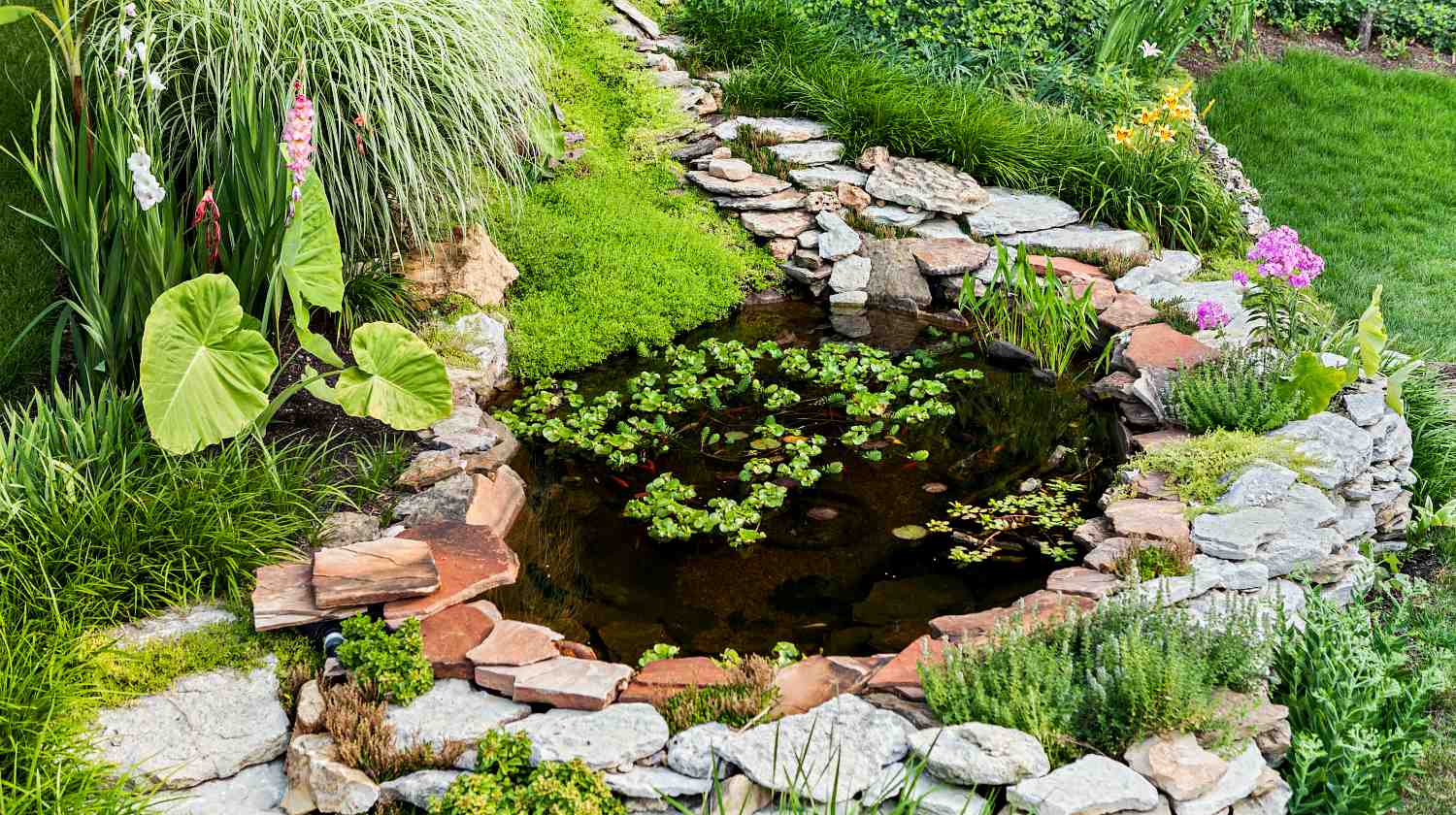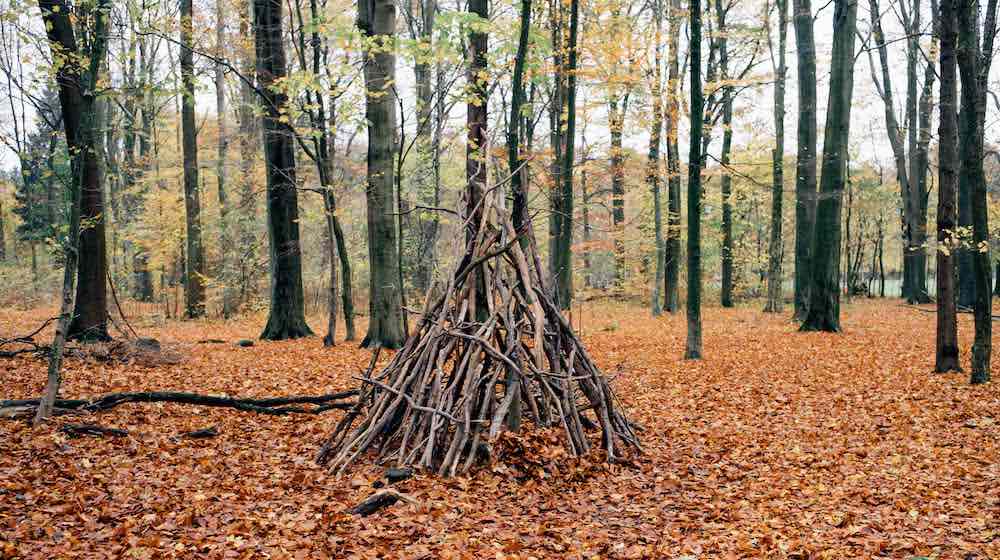Food Production
DIY Maple Syrup: Finding Maple Syrup Trees [Part 1]
![DIY Maple Syrup: Finding Maple Syrup Trees [Part 1] DIY Maple Syrup: Finding Maple Syrup Trees [Part 1]](https://survivallife.com/wp-content/uploads/2020/08/maple-syrup-glass-bottle-on-wooden-maple-syrup-trees.jpg)
No longer will you rely on commercially sold maple syrup. Now, you will learn how to find maple syrup trees and make the syrup on your own.
The Secret Is in the Maple Syrup Trees
I spent half of my life pouring thick, maple flavoured corn syrup onto my waffles and pancakes. It came from squeezable plastic bottles and it did the trick for a child.
Many of us are tricked into believing that this is what syrup is supposed to taste and look like.
French toast should be buttered after you pull it from the hot pan. It should be fragrant with the smell of cinnamon and nutmeg. It should be lightly drizzled with REAL maple syrup from a glass jar.
If you start enjoying breakfast like this, it will literally affect the rest of your DAY!
Now, buying maple syrup is pretty expensive and the more you understand about the process, the more you will understand why. You see, making maple syrup is the process of boiling down the sweetened sap of maple trees until it is dark and viscous.
You can actually do it yourself if you have the hardware and you know what you are looking for.
Finding Maple Trees
![DIY Maple Syrup: Finding Maple Syrup Trees [Part 1] Finding Maple Trees | Making Your Own Maple Syrup: Part 1](https://survivallife.com/wp-content/uploads/2020/08/colorful-maple-syrup-trees.jpg)
You aren’t just looking for any type of maple tree. You are after the sugar maple.
Now, the absolute best way to find sugar maple syrup trees is in the spring or summer when the leaves are mature. If your trees are large and the canopy is way up, you might even wait until fall or look around the base of the tree in summer.
The sugar maple is much more prolific in the northern states. The sugar maple only goes as far south as the Western Virginia mountains and dips down into the Tennessee mountains, as well.
You are going to identify the sugar maple using its leaves. There are many types of maple trees and the leaves are all similar in some ways.
The sugar maple is THE maple leaf. Japanese maples are small and red, other maples can look like the sugar maple, but they’re a less regal looking version and can be pretty easily discerned if you look at them side by side with the sugar maple.
When you think of Canada, you think of that powerful, well defined, maple tree. This is what you are after.
The bark of the maple syrup tree is very similar to other maples and other types of tree altogether. In my opinion, unless you spend a lot of time identifying trees, the bark won’t tell you much.
However, the seeds will tell you a whole lot. Maple seeds come packaged in little helicopters!
As a child, you might remember tossing those little one-winged seeds into the sky and watching them helicopter back down to earth. Those were maple seeds. A great sign that you are near a maple tree.
Tagging Sugar Maples to Tap Later
There are many ways that people do this. The identification of sugar maples is incredibly fun.
It is a game of hide-and-seek in nature. However, for this to be effective, you are going to need to find your way back to these maple trees.
If they are on your property and you are remarkably familiar with it, you can just find your way back to them.
If you are not familiar with your property, you should consider doing something else. You could pin them using your cell phone!
Pinning something on a map with your cell phone is extremely easy and can be referred back to when the time comes to start tapping trees for sap. That time will come quickly so be sure you are prepared.
Simply open Google Maps and zoom in as far as you can on your location. Be sure you are standing near the sugar maple or maples and long press, or press and hold, your finger on the screen. This will drop a pin and you can save this location.
After a while of searching, you will probably have several pins in your phone denoting the locations of maple trees.
Getting Ready for Extraction
![DIY Maple Syrup: Finding Maple Syrup Trees [Part 1] Tagging Sugar Maples to Tap Later | Making Your Own Maple Syrup: Part 1](https://survivallife.com/wp-content/uploads/2020/08/pail-used-collect-sap-maple-trees-maple-syrup-trees.jpg)
If you make it to this point, you are ready to move on to part two of the process. It only gets better from here but seeking out some sugar maple trees is exciting.
Unfortunately, if you are in the southern or southwestern portion of the nation, you are not going to find sugar maples.
For the rest of us, we can pin these trees and get prepared for tapping them. In the next part of this, we are going to go into some of the hardware needed to tap trees, how and where to tap these sugar maples.
Once you make your first batch of maple syrup, you are going to be looking forward to tapping trees each and every year. This can be one heck of a family tradition because everyone enjoys fresh homemade maple syrup.
Have you tried looking for maple syrup trees? If you have some tips, please share them in the comments section!
Up Next:
-

 Paracord Projects2 years ago
Paracord Projects2 years agoParacord Projects | 36 Cool Paracord Ideas For Your Paracord Survival Projects
-

 Paracord Projects2 years ago
Paracord Projects2 years agoHow To Make Paracord Survival Bracelets | DIY Survival Prepping
-

 Medical Care2 years ago
Medical Care2 years ago21 Home Remedies For Toothache Pain Relief
-

 Knife Laws2 years ago
Knife Laws2 years agoAre Switchblades Legal? Knife Laws By State
-

 Do It Yourself2 years ago
Do It Yourself2 years agoSurvival DIY: How To Melt Aluminum Cans For Casting














Pingback: DIY Maple Syrup: Finding Maple Syrup Trees [Part 1] – steelblade.org
Pingback: DIY Maple Syrup: Finding Maple Syrup Trees [Part 1] - survival updates
Pingback: How to Make Mead | DIY Mead In 6 Steps – Sprent Brass
Pingback: Pollarding Trees for Survival - Primal Survival
Pingback: Pollarding Trees for Survival | Answers to 7 FAQs – The Self-Sufficient Life
Pingback: Pollarding Trees for Survival - Cooking in Quarantine
Pingback: Pollarding Trees for Survival – Sprent Brass
Pingback: Pollarding Trees for Survival | Answers to 7 FAQs – SurvivalCove.com
Pingback: Pollarding Trees for Survival | Answers to 7 FAQs – The Self Reliant Princess news
Pingback: How to Make Mead | DIY Mead In 6 Steps - WildSurvivalDigest.com
Pingback: DIY Maple Syrup: Finding Maple Syrup Trees [Part 1] - Les Recettes Savoureuses